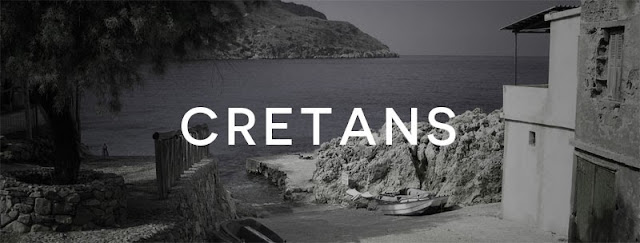The Jesus Some People Never Emulate

Jesus said follow me. He calls us all into discipleship to become more like Him, our Master, Savior and Lord. But many Christians avoid a whole segment of Jesus' character because they don't want to stick out, be "offensive" or disturb the status quo. Jesus made waves on regular occasion and no greater evidence of that than in John 2 (ironically after turning water to wine). John 2:14–15 (ESV) In the temple he found those who were selling oxen and sheep and pigeons, and the money-changers sitting there. 15 And making a whip of cords, he drove them all out of the temple, with the sheep and oxen. And he poured out the coins of the money-changers and overturned their tables. For as much as we do not hear about the "fun" Jesus, we also seldom hear about the violently angry Jesus. And rarely is this the Jesus many of us seek to emulate. This is the Jesus that is unafraid to take on evil and corruption vocally and with physical demonstrati











